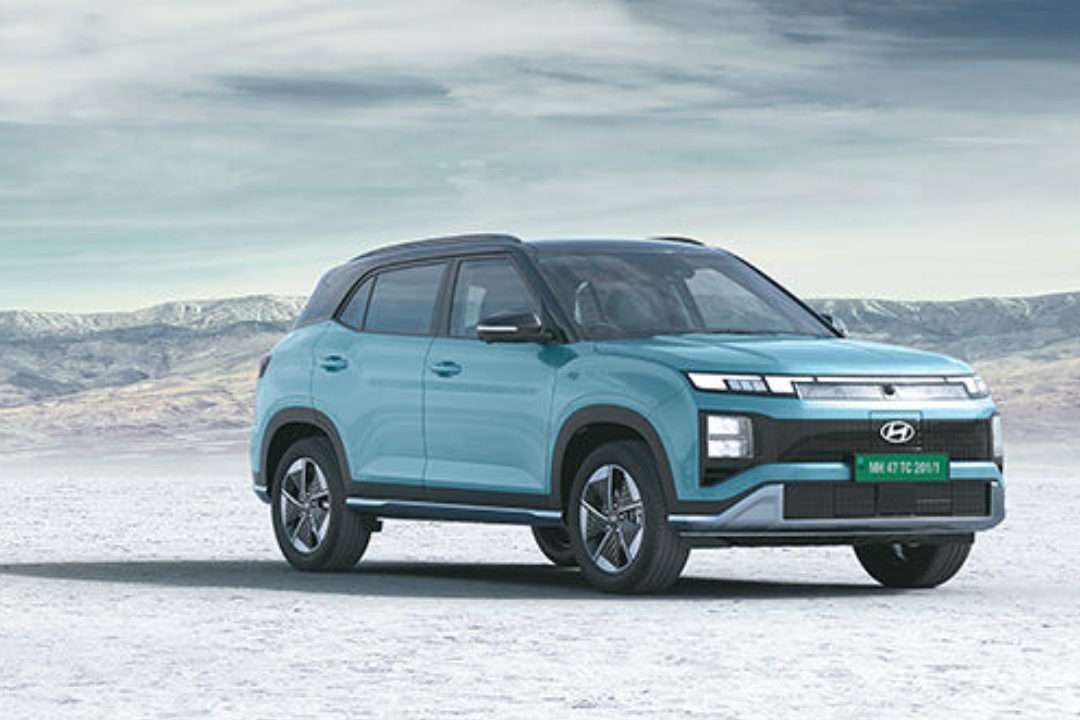Hyundai Motor India announced on Wednesday its intent to introduce fully electric vehicle (EV) models across both mass and premium segments, supported by a localized supply chain. The company also revealed its plan for a mega initial public offering (IPO) aiming to raise ₹27,870 crore, set to launch on October 15. Furthermore, Hyundai intends to roll out its much-anticipated Creta EV in the fourth quarter of the current fiscal year, with ambitions to launch four additional electric models in the coming years.
Unsoo Kim, Managing Director of Hyundai Motor India (HMI), emphasized the early stage of electrification in India, expressing optimism for the robust growth of the country’s EV market by 2030, driven by the government’s strong initiatives and the focus of various Original Equipment Manufacturers (OEMs) on electric vehicles. Kim highlighted that HMI has access to global EV and battery technologies from Hyundai Motor Company (HMC), facilitating plans for launching full EV models, including the Creta EV, this financial year.
In addition to electric vehicles, the company is also prioritizing the development of localized supply chains for critical components such as battery packs, powertrains, and battery cells. “We are also investing in EV charging infrastructure,” Kim added, underscoring the company’s commitment to building a comprehensive ecosystem for electric mobility. Tarun Garg, Chief Operating Officer, echoed this sentiment, stating that HMI’s plans for electric vehicles are robust, anticipating the Creta EV launch followed by three additional models to significantly boost EV sales.
Regarding hybrid technology, Kim noted that HMI has been at the forefront since 1998, adapting to market demands and customer preferences. With access to various HMC technologies—including petrol, diesel, CNG, hybrid, plug-in hybrid, and even hydrogen vehicles—HMI is well-positioned to introduce new models based on evolving customer demand.
The domestic arm of HMC aims to leverage its parent company’s extensive global ecosystem to expand its portfolio with new offerings and enhance premiumization. HMI plans to invest approximately ₹32,000 crore in India over the next decade, focusing on automating its second manufacturing facility in Pune, which will increase production capacity by 30% by 2028. This expansion will provide ample headroom for growth in both domestic and export markets, enhancing volumes and market share.
With the Creta EV targeting a high-volume segment, the company expects to capture significant market share in the electric vehicle sector while pursuing premiumization strategies. Currently, HMI maintains an 80:20 domestic to export ratio, indicating a strong focus on both markets. Garg noted that the export market serves as a hub for emerging regions, including the Middle East, Africa, Asia, and Latin America.
Looking ahead, HMI is keen on developing software-defined vehicles with advanced infotainment systems to ensure continuous growth. “Quality growth is our priority while monitoring volumes and market share. We aim for a balanced approach,” Garg stated.
The company recognizes the rising demand for SUVs in India, reflecting broader market trends. However, Garg reassured that HMI is a comprehensive manufacturer, not solely focused on SUVs. “In a vast market like India, a full range of vehicles is essential,” he noted, adding that understanding customer preferences is critical in shaping their offerings.
As the festive season approaches, with events such as Navratri, Dussehra, and Dhanteras occurring in October, HMI is optimistic about increased demand not only for its vehicles but for the automotive industry as a whole.
Hyundai Motor India, a subsidiary of Hyundai Motor Company, is a leading automobile manufacturer in India, established in 1996. Known for its innovative designs and technology, HMI offers a wide range of vehicles, including hatchbacks, sedans, SUVs, and electric models. The company emphasizes quality, safety, and sustainability while maintaining a strong commitment to customer satisfaction.








